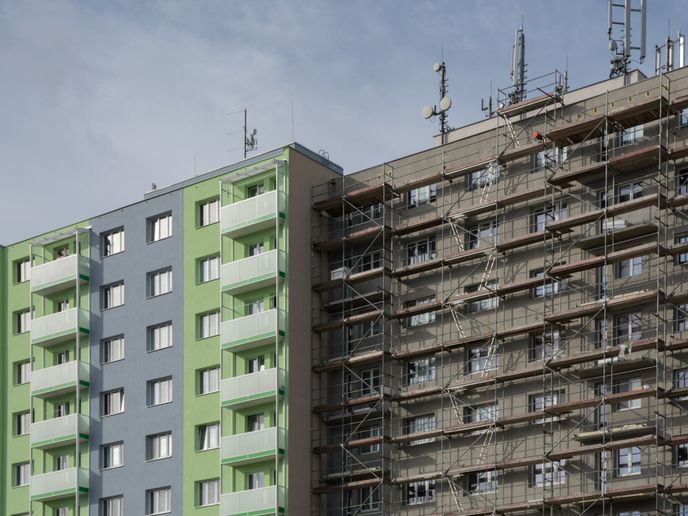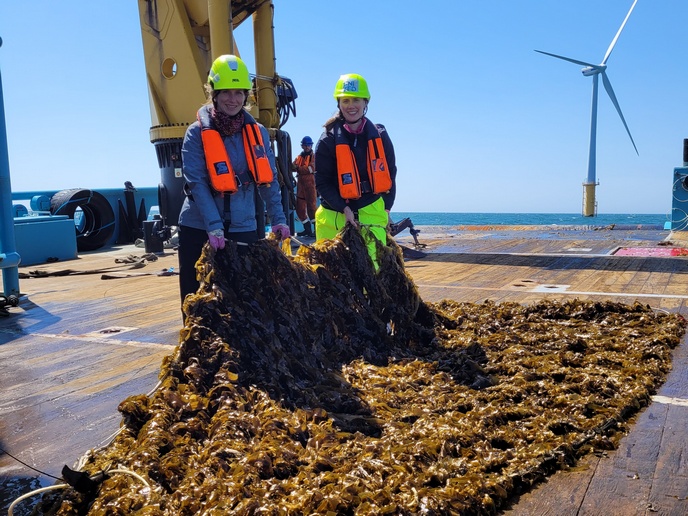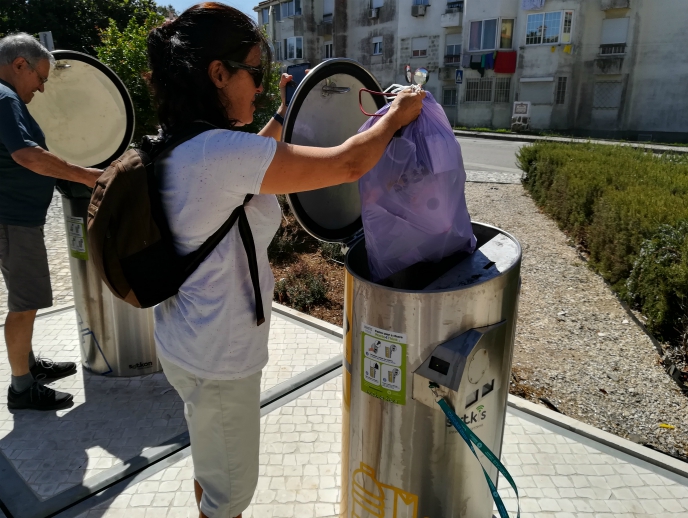Green training for construction managers
The project was dedicated to achieving two objectives. First, it analysed the construction industry’s knowledge about energy efficiency and using renewable energy sources in buildings. Second, it reviewed the skills that were lacking and what needed to be done to deliver these skills to construction professionals. “If our objectives were to be achieved, we realised that it wouldn’t be enough to limit our focus to those who build the buildings,” says project coordinator Frantisek Doktor from the project ingREeS (Setting up Qualification and Continuing Education and Training Scheme for Middle and Senior Level Professionals on Energy Efficiency and Use of Renewable Energy Sources in Buildings). “The objective of this project was to ensure that the designers, decisions makers and site managers who lead the construction efforts are equipped with the skills and knowledge needed to make energy efficiency and renewable energy use a part of their day-to-day procedures.” Accredited training programmes The project developed national qualification standards and training programmes on the use of renewable energy sources in buildings specifically geared towards Czech and Slovak middle and senior level construction professionals. By the end of the project, five qualification standards in total had been developed along with 16 training modules. The training is delivered via a combination of in-class lessons, distance learning and practical demonstrations. At the end of the programme, participants are assessed using online testing and, based on the results, receive an official certification. Getting the managers to the training, however, was no simple task. For example, in Slovakia, partners had to overcome the country’s missing culture of continuing education and training among civil engineers. In the Czech Republic, although the culture of continuing education was already developed, training on energy efficiency was notably lacking. “To succeed, we had to pay extra attention to the innovativeness of the programmes, ensure easy access to the training and focus on the quality and value of the content being delivered,” says Doktor. “As the information had to be up-to-date, we built the system so it can be easily updated and adapted to the latest news and developments.” A new class of accredited professionals The efforts paid off. So far, 51 trainers have been trained, alongside 739 trained and qualified trainees. In Slovakia alone, 222 stakeholders have achieved improved capacity as a result of the project’s focus on training. Furthermore, feedback from these participants shows that over 60 % of the information they learned was completely new, while the rest of the information provided a deeper understanding of concepts they were already familiar with. “Participants will now use this information in their daily work as architects, site managers, supervisors and sustainability counsellors,” adds Doktor. “This will not only lead to a marked improvement in the quality of their work, but also ensure that the buildings they are responsible for achieve their energy performance targets.” Even with the project now officially closed, the training goes on, given by organisations including the Slovak Chamber of Civil Engineers, the Czech Building Academy and the Czech Association of Construction Entrepreneurs. “Project partners not only continue to deliver the training, but also continue to improve its contents and expand its impact,” adds Doktor. “For example, we are adding training on how construction professionals can implement building information modelling into a building’s entire life-cycle.”
Keywords
ingREeS, qualification standards, training, energy efficiency, renewable energy sources, RES, EU







